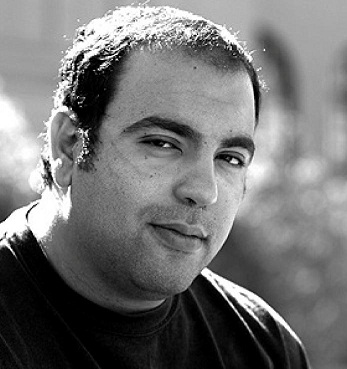By Islam M. Elwany
The core of development is meant to upgrade and standerdise a country’s human resources and allowing them act in harmony now is critically questioned in Egypt. The long deprived Upper Egypt has ended up reacting negatively to the objectives because the investment plan does not include cities other than the metropolitan ones. Cairo and Alexandria act as magnets to other sectors’ residents while other sectors are now forming a serious source of uncontrolled, unplanned political dysfunction due to the long deprivation of development, quality education, utilities, and infrastructure in their area.
The State:
The Egyptian government recently adopted strict proposals that forbid students to transfer to certain universities outside their geographical zones, unless there are none where they are. A less harsh form of the decision was afterwards applied. The decision resembles a policy of restoring and keeping in bounds the social forces in Cairo, the capital. Disabling the accumulation of a base of rural residents that came to Cairo for higher education, whose version of faith and morals contradicts with the rest of society’s, leads to the formation of a base of rejectionists. In turn, they find within themselves in common a harmonised, unified version of rural pure faith and share the agony of isolation.
Such decisions cannot be good on its own since it must be accompanied by an inclusive plan of developing the whole state, especially Upper Egypt. A close resemblance to the core of development was mentioned in President Abdel Fattah Al-Sisi’s recent speech at the UN. He mainly emphasised that development cannot be sustained without paying attention to the capacity and ability of developing states. The latter’s unquestioned right to adopt relevant economic and social domestic programs that suits its specialty.
Meanwhile, the Egyptian state achieved one main goal this year, which was accomplishing the New Suez Canal. It was a political move through which the government is thought to have sought to prove its ability to achieve mega projects in a timely manner and to regain the international trust and upgrading Egypt’s credit rating. It is also a “warning” in disguise that late President Gamal Abdel Nasser’s Egypt may rise again. The Egyptian masses could both finance the project with $60bn and Egyptian engineers and workers were able to construct it. The project is thought to have caused major hike to the US dollar versus the Egyptian pound.
The Masses:
Authorities have long been unable to penetrate the social fabric in Upper Egypt and in other distant areas as well. Authoritarian existence had been in practice by managing the elections of influential people that posses moral authority over people, based mainly on family and the tribal system. By seducing the former with supporting their influence via privileging them with “services”, the masses are taken for granted as being linked to the ruling party authorities managed to handle the formation of the legislative structure, mainly targeting keeping the Muslim Brotherhood and other little opposition parties in bound. Meanwhile, the affairs of the masses were wholly governed with another, non-political, criteria, merely repressive.
With the non-existence of a political equation by abolishing the National Democratic Party (NDP) as a dominant ruling party, criminalisaing the Muslim Brotherhood, pushing aside the 25 January Revolution effect caused the destruction of the family system that used to internally aid the executive authority and legislatively aid the party. The different vows the current regime has to honor are the outcome of its elections, which is expected to unfold non representative political forces, naive in their political practices and obsolete in their political mindset.
Therefore, the long awaited parliament is expected to bring ungoverned, wild forces. Taking into account the faces running for MPs, one can easily relate that forces of the past are struggling to regain their power. This time with neither a ruling party’s cover nor its influence, along with other forces that only take the challenge out of their high hopes to attain power, and finally with a tiny minority that realise the core of this elections.
Conclusively, equating Upper Egypt in the equation is a matter of survival, coherence, and unity to the Egyptian entity. The government should allocate a considerable budget to rural and neglected areas, upgrade its infrastructure, politically, legally and administratively highlight its importance. Its natural abilities be considered in the map of investment. Reformist, neither conservative nor progressive officials should be appointed to adapt reform to the deeply corrupt bureaucracy handling a reasonable pace of reform that rather constructs than unintentionally destructs.
Islam M. Elwany is a legist, observer of political affairs and policy analyst




